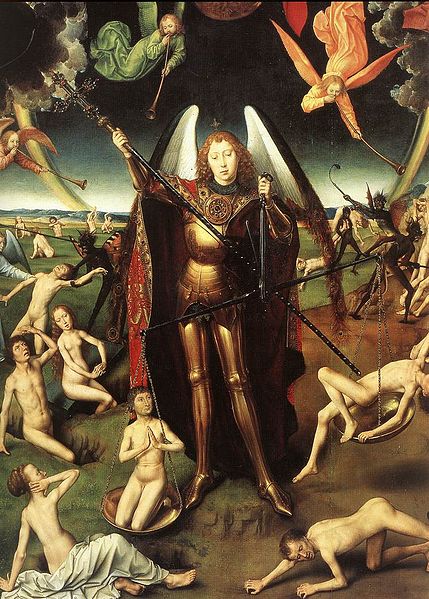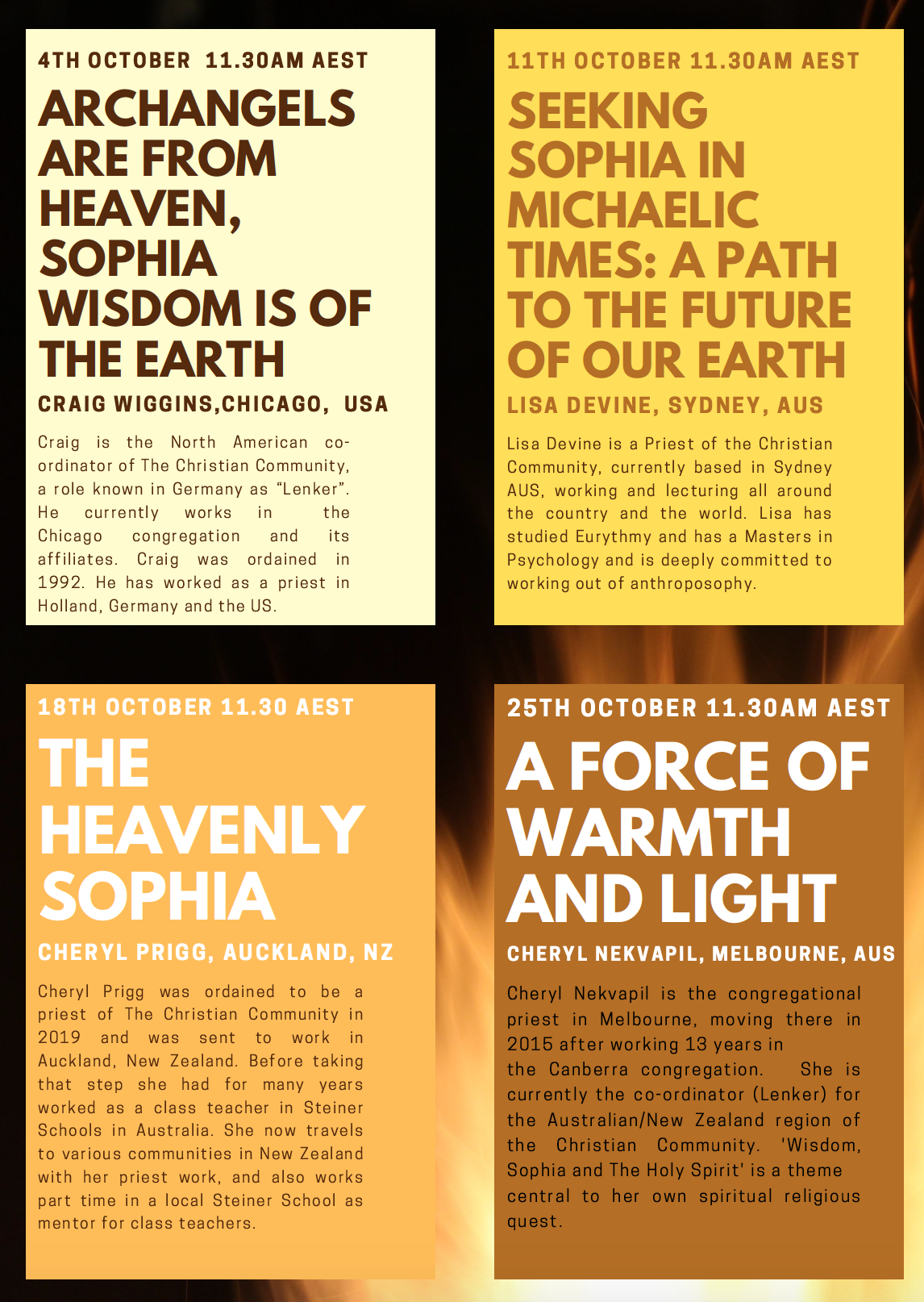Wealth and Poverty (Rev. 3: 14-22)
Poverty and Wealth (Rev.3:14-22)
A well-known theologian of the 20th century once said: “God feeds us with hunger and quenches us with thirst.” That is an eloquent and partly true saying, but this truth is usually overshadowed by another reality: we suppress our spiritual hunger with all that chains us to the earth. And we disguise our thirst for the spirit through all that benumbs the mind. That mixture of materialism and intoxication, of yearning for the earth and flight from the earth, is usually called prosperity. And the more prosperous we are in this outer sense, the poorer in spirit we are likely to become. From the point of view of the angels we are, as stated in the Book of Revelation, “…how pitiful, pathetic, and poverty-stricken … how blind and how naked.” We have become poor as church-mice. What do we have that we can give to the spiritual world?
And yet, this is being asked of us in the contradictory words: “Therefore I counsel you to obtain gold from me which is refined by fire, so that you may become rich again…” How can anyone obtain gold who is poor?
Indeed, the only thing we can give to Christ is our poverty. The only things with which we can feed Him and quench Him are our hunger and thirst. But whoever becomes a beggar for the spirit, who ardently longs for His presence, on those can He bestow His wealth.
For He is Himself as a beggar: a human being who knocks on our door, who asks and implores us to open—to share His meal with us.
–Rev. Bastiaan Baan, November 8, 2020.


